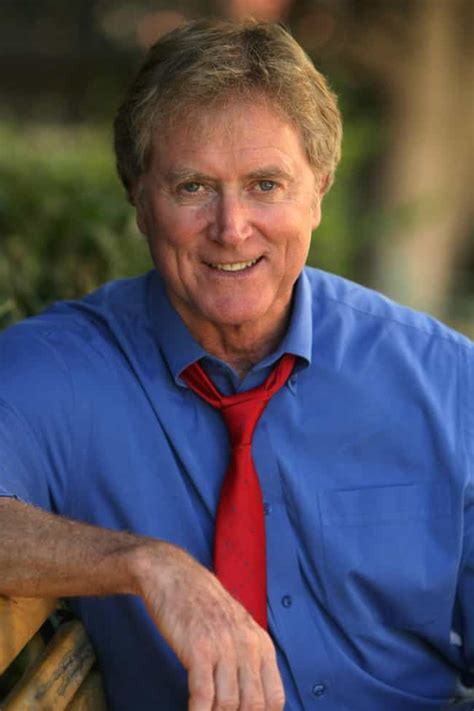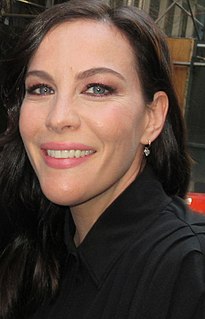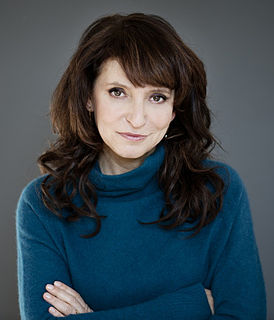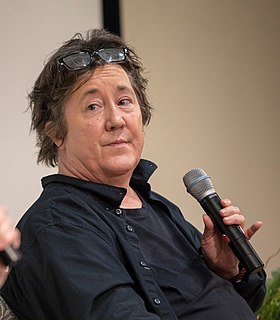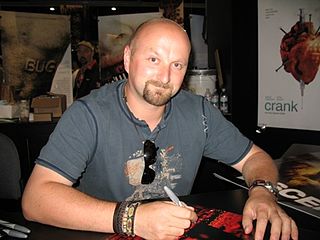A Quote by Eckhart Tolle
Movies really have replaced what traditionally were mythologies, that every culture had their mythological beliefs and their collective 'stories.' There is now the possibility for movies to embody that arising new state of consciousness.
Related Quotes
I think that television lately has been extremely dark and, in some ways, cynical but I also think that people who are writing those shows probably feel exactly as I do - that sometimes the darkness of a story can highlight the light in a story. There's a lot of cynical stuff but I think it may be even more in movies now where you see so many movies about cynical and corrupted characters. That's the state of many movies right now but movies, television, all of culture, there's always going to be a battle between the stories that are cynical and stories that are hopeful.
The earliest influence on me was the movies of the thirties when I was growing up. Those were stories. If you look at them now, you see the development of character and the twists of plot; but essentially they told stories. My mother didn't go to the movies because of a religious promise she made early in her life, and I used to go to movies and come home and tell her the plots of those old Warner Brothers/James Cagney movies, the old romantic love stories. Through these movies that had real characters, I absorbed drama, sense of pacing, and plot.
Richard Donner made great movies. Seminal movies. The Academy, though, and we have to be careful here, should recognize popular films. Popular films are what make it all work. There was a time when popular movies were commercial movies, and they were good movies, and they had to be good movies. There was no segregation between good independent films and popular movies.
I just remember saying to myself that I'd much rather do movies than modeling, and that it was worth a try. I didn't really know anything about it. I hadn't seen many movies, or so-called, good movies. When I was a kid, I was obsessed with Star Wars and Night of the Living Dead. When I got more curious about the movies, I thought they were something you had to learn about and go to school for and read every book.
You can shave your head, but I've had to gain a lot of weight for movies, I've had to drop weight really fast for movies. I've had to learn accents or embody physical behaviors or twitches and things like that. And sometimes you take to some things easily and sometimes [not]. That's the challenge of the job.
The '80s just had this sense of outrageous fun coupled with great stories and characters. Then there's the practical effects and buckets of gore in movies. These are movies that, for the most part, still stand up to this day. But I guess the real reason for my love and obsession with this period is these were my first horror movies. I was a teenager during the '80s and I think spending that part of your life in that particular time really has an impact on you for the rest of your life.

